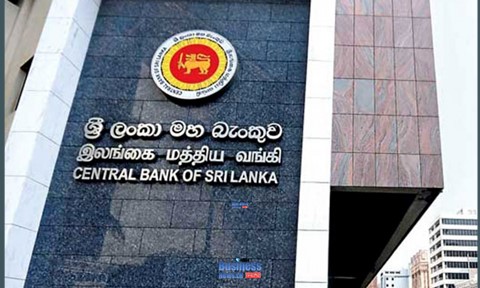Sri Lanka to prepare a proof of concept for digital currency

A recent media report in Sri Lanka claimed its Central Bank plans to introduce a central bank digital currency (CBDC) this year. However, while the central bank hopes to start exploring a CBDC, the CB is yet to officially declare a timeline on this.
On January 10, Central Bank Governor, Dr. P. Nandalal Weerasinghe, presented an annual roadmap for policies for 2024 and beyond. However, no mention of a central bank digital currency was made.
On the same day, two central bank executives presented to the Parliamentary Committee on Ways and Means. The talks included basic details about blockchain, cryptocurrency and CBDC. At one point, the leader of the Committee interrupted the CBDC talk, asking whether there was a timeline for a CBDC in Sri Lanka or an action plan.
The central bank representative responded that the first step is to propose a proof of concept to the central bank board before proceeding to a pilot. The aim is to see if a CBDC meets the central bank’s requirements. The central bank was advised to defer the CBDC work but expects to do it soon. Hence, it’s likely to have been a miscommunication.
The International Monetary Fund (IMF) recently visited the country, and it’s unclear whether the advice to defer the CBDC project came from the IMF. Sri Lanka is emerging from a severe financial crisis that led to extreme shortages of necessities and violent protests in 2022. The President stepped down and fled the country for six weeks. A $4 billion lifeline from India prevented a more severe fallout.
Some other points from the Committee meeting could impact the potential rollout of a future CBDC. For example, there was some discussion about deploying QR codes for payments on public transport. A person exploring QR code implementation stated that feature phones are still widely used in Sri Lanka. Plus, a large proportion of smartphones are very basic ones.
One of the motivations for a CBDC is to reduce cryptocurrency adoption and illegal crypto pyramid schemes, which has gained traction amidst the devaluation of the currency and on-going economic crisis Further, Sri Lanka has exchange controls that can be circumvented with digital assets.






